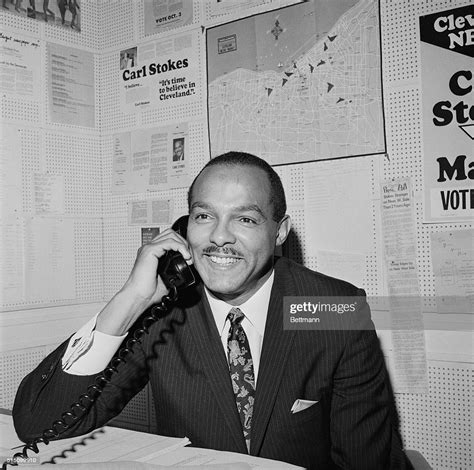A Quote by Aristotle
We are better able to study our neighbours than ourselves, and their actions than our own.
Related Quotes
In a world in which we are exposed to more information, more options, more philosophies, more perspectives than ever before, in which we must choose the values by which we will live (rather than unquestioningly follow some tradition for no better reason than that our own parents did), we need to be willing to stand on our own judgment and trust our own intelligence-to look at the world through our own eyes-to chart our course and think through how to achieve the future we want, to commit ourselves to continuous questioning and learning-to be, in a word, self-responsible.
I beg Our Lord, Monsieur, that we may be able to die to ourselves in order to rise with Him, that he may be the joy of your heart, the end and soul of your actions, and your glory in heaven. This will come to pass if, from now on, we humble ourselves as He humbled Himself, if we renounce our own satisfaction to follow Him by carrying our little crosses, and if we give our lives willingly, as He gave His, for our neighbor whom He loves so much and whom He wants us to love as ourselves.
Our business in life is not to get ahead of others but to get ahead of ourselves; to break our own records; to outstrip our yesterdays by our todays; to bear our trials more beautifully than we ever dreamed we could; to give as we never have given; to do our work with more force and a finer finish than ever. This is the true idea: to get ahead of ourselves.
There is provided an escape from the narrowness and poverty of the individual life, and the possibility of a life which is other and larger than our own, yet which is most truly our own. For, to be ourselves, we must be more than ourselves. What we call love is, in truth . . . the losing of our individual selves to gain a larger self.
The greatest human virtue bears no proportion to human vanity. We always think ourselves better than we are, and are generally desirous that others should think us still better than we think ourselves. To praise us for actions or dispositions which deserve praise is not to confer a benefit, but to pay a tribute. We have always pretensions to fame which, in our own hearts, we know to be disputable, and which we are desirous to strengthen by a new suffrage; we have always hopes which we suspect to be fallacious, and of which we eagerly snatch at every confirmation.
We are responsible for what we are, and whatever we wish ourselves to be, we have the power to make ourselves. If what we are now has been the result of our own past actions, it certainly follows that whatever we wish to be in the future can be produced by our present actions; so we have to know how to act.









































